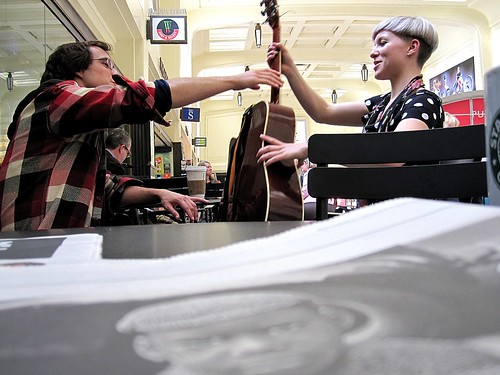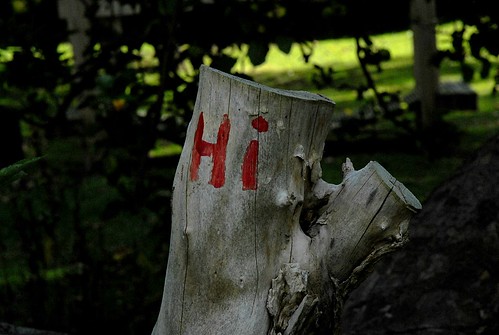Michael Hart, the man who founded Project Gutenberg and created the world’s first great collection of ebooks, has died. There’s a nice obituary of him by Gregory Newby on the Gutenberg site.
Michael prided himself on being unreasonable, and only in the later years of life did he mellow sufficiently to occasionally refrain from debate. Yet, his passion for life, and all the things in it, never abated.
Frugal to a fault, Michael glided through life with many possessions and friends, but very few expenses. He used home remedies rather than seeing doctors. He fixed his own house and car. He built many computers, stereos, and other gear, often from discarded components.
Michael S. Hart left a major mark on the world. The invention of eBooks was not simply a technological innovation or precursor to the modern information environment. A more correct understanding is that eBooks are an efficient and effective way of unlimited free distribution of literature. Access to eBooks can thus provide opportunity for increased literacy. Literacy, and the ideas contained in literature, creates opportunity.
Hart was ‘unreasonable’ in the sense of the famous George Bernard Shaw quotation: “Reasonable people adapt themselves to the world. Unreasonable people attempt to adapt the world to themselves. All progress, therefore, depends on unreasonable people.”
He certainly changed the world. I’ve lost count of the number of times I’ve found treasured texts in the Gutenberg archive. And the lovely Eucalyptus iPhone App has given it a new lease of life.





